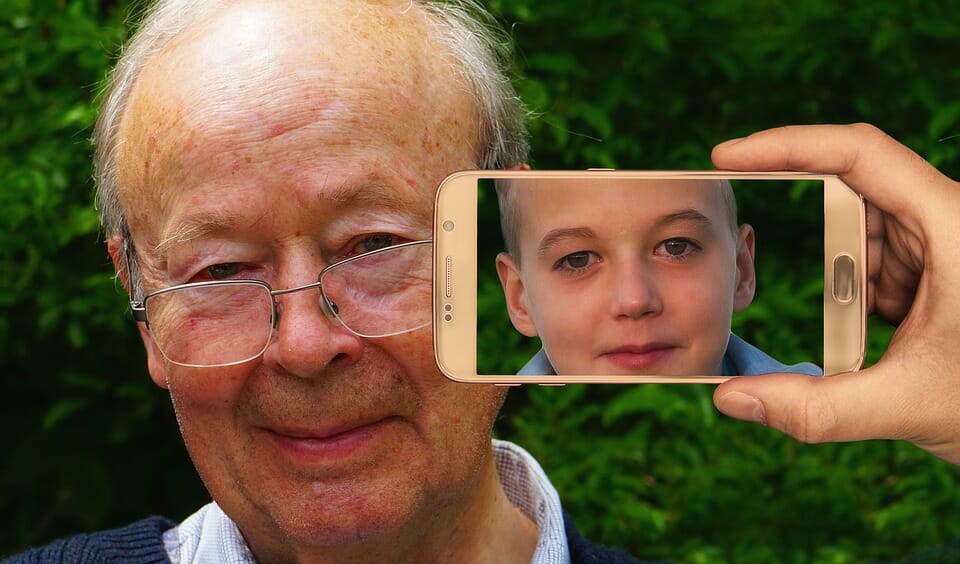
Last week, I wrote about the way we form our self concept or identity. I hope you all have done the exercise from last week and are ready for the next phase.
What makes us accept or reject the messages we receive from others?
We understood from last week’s article that what people say to us has a major influence on our identity. But how is it that not all things peoples say to us mean as much. Some messages we accept and make them part of our self concept and others we reject and they fly high above our heads.
Unfortunately, we are not programmed to ignore the negatives and embrace the positives (though in our Be Happy in LIFE program, we teach our clients to program themselves to do just that).
How we form a belief
In a research done in 1971 by Gergen, he found that there are four things that need to happen for us to accept a message:
- Authority: The person who is giving the message needs to be in a position to do that – knowledgeable, experienced, in power
- Familiarity: The person who is giving the message is presented as someone close to us who knows us well – family, friend…
 Reinforcement: The person who is giving the message says something we already believe about ourselves. This person is only supporting a belief we already have about our self concept and identity
Reinforcement: The person who is giving the message says something we already believe about ourselves. This person is only supporting a belief we already have about our self concept and identity- Repetition: We receive a number of similar messages from that person or from different people within a short timeframe
If the message comes from people who fit into one or more of the categories, we are more likely to embrace this message, even if the message is negative.
Truth is relative. If someone said I was lazy and he was knowledgeable, he was someone close to me, I already thought I was lazy or I had heard it more than once, I would become lazy! Laziness will be part of my identity, part of my self concept. Unfortunately, we do not doubt the truthfulness of those messages and allow them to enter our system freely.
During coaching, many clients say they do not believe everything people say to them. Yes, I know, it is hard to admit we are so easily influenced.
A recent research done on what people think is the truth found that people believed what they heard to be true if they heard it 3 times from one person or from 3 different sources, even if the massage was not true.
How we can create positive beliefs
If this is the truth and we naturally think something is true just because we have heard it 3 times, let’s explore how can we use it to our advantage.
- Family is a great source of our identity. Most of our early beliefs we get from our family. Stick to family members that have a good self concept and are mainly positive.
- Friends are another source of beliefs. Find friends that help you to be the person you want to be and make sure they have a good attitude. It is contagious.
- Teachers and educators fall into the category of knowledgeable people in your life, and sometimes they also act like they know you well, so if you can, choose your teachers. At school, it is typically not your choice. But when you have the opportunity, choose empowering, positive and inspiring teachers. If you have kids, do it for them. It is invaluable
- Media is a major source for our self concept. It can be severely damaging or rewarding, depending on what you are exposed to. If you watch ads saying (3 times) that you must eat some food or buy some product, be careful! The message might still be negative (after watching some kid show, my 6-year-old daughter already says she “must have” Baby Born…). Not everything you see on TV or Cinema is real and it does not matter how many times we say that it does not influence us. It does!
- People at work also contribute to what we think about ourselves. Choose your work place wisely. Competitive work places are not healthy for your self concept. Find a workplace where people respect, appreciate and support each other. It will do you wonders
Truth is a concept we have in our mind. It can be erased or embraced. What others believe to be their “truth” has an easy path into our mind. The more meaningful those people to us, the faster we will embrace their messages, even if the messages are damaging and limiting.
It is a process and takes time to master, but until then, make sure you have a guard in place, checking each message and deciding whether to erase of embrace.
Yours truly,
Ronit
No posts found
 Reinforcement: The person who is giving the message says something we already believe about ourselves. This person is only supporting a belief we already have about our self concept and identity
Reinforcement: The person who is giving the message says something we already believe about ourselves. This person is only supporting a belief we already have about our self concept and identity







